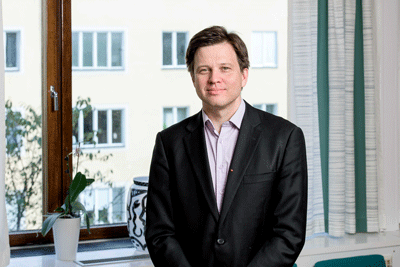AbstractThis paper investigates whether an increased use and reinterpretation of what has been called “fair competition” has occurred at the expense of “free competition” among the central institutions of the European Union. We are also interested in assessing how frequently these terms have been used by the various EU institutions over time.
We have empirically examined this through a quantitative survey of more than 12,000 public documents, out of totally 242 000 documents containing 630 million words, in the EUR-lex database over the last 50 years, from 1970 to 2020. Our conclusion is that the emphasis of the common policies in the EU is likely to have shifted from free competition and an open market economy to “fair competition” in the sense of a level playing field, in official EU documents, such as treaties, EU acts institutions, preparatory documents relating to EU directives and recommendations including motions and resolutions, case law and more.
The European Commission has been a driving force in this development, followed closely by the European Parliament and subsequently by the Council of Ministers. This change entails a risk that the regulation of the European internal market has shifted so that the dynamics of the internal market and thus the EU’s competitiveness will weaken. The change also entails a centralization of decisions at EU level at the expense of the Member States.




